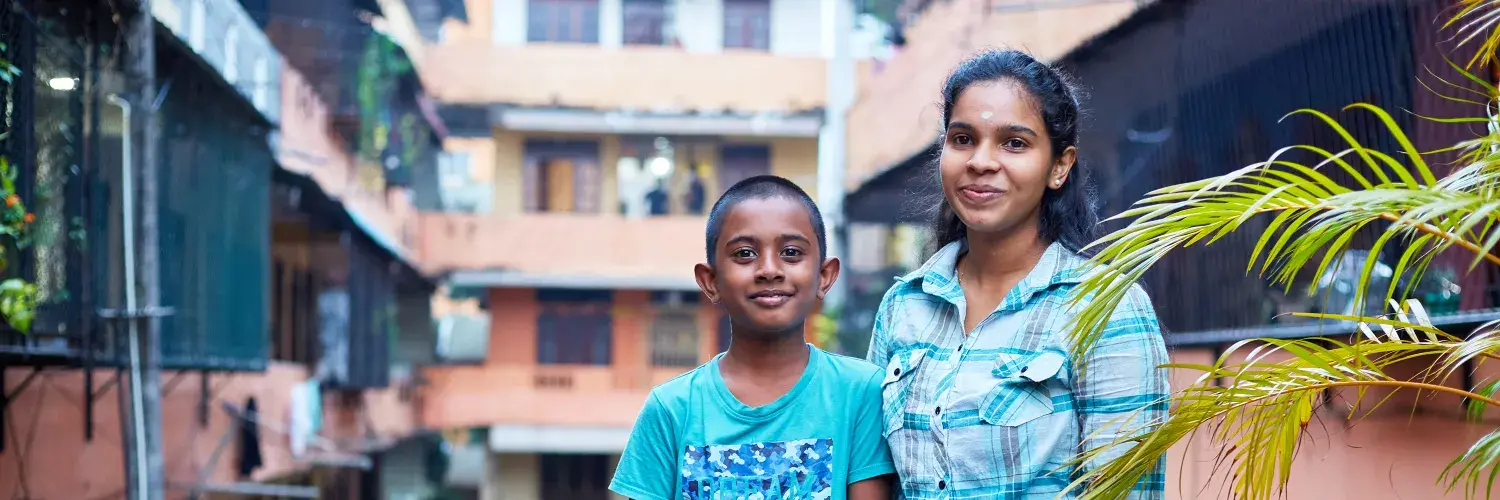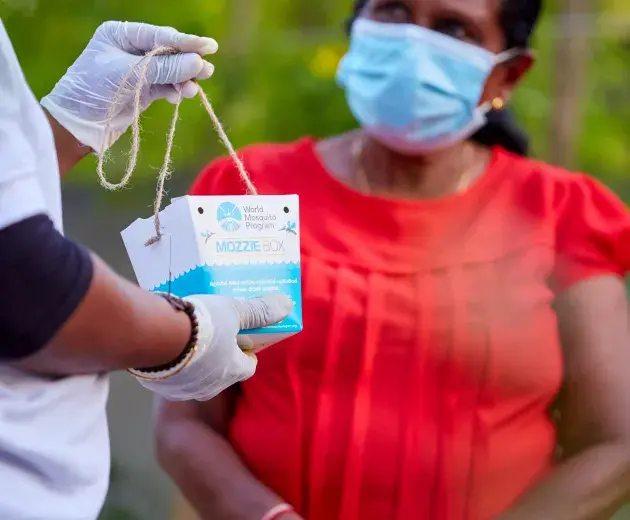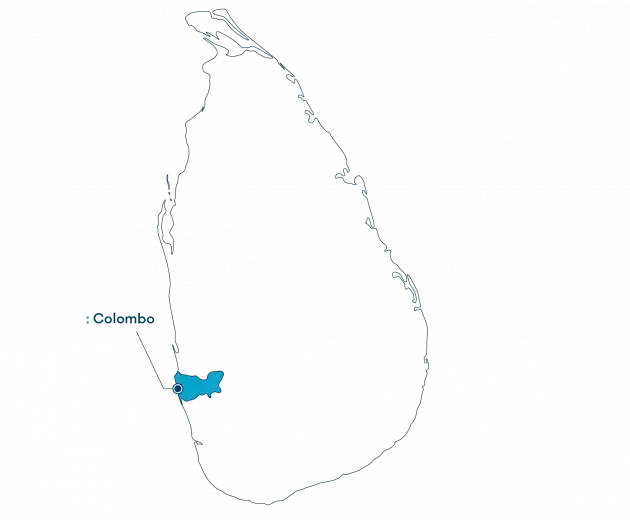The World Mosquito Program in Sri Lanka is part of a global, not-for-profit initiative that is working to protect local communities from mosquito-borne diseases.
In 2021, we completed the release of Wolbachia mosquitoes in Colombo Municipal Council-District 1 and Nugegoda, covering 20km2 and 240,000 residents. We are currently monitoring the Wolbachia mosquito population and dengue cases, and are encouraged by the preliminary results of Wolbachia establishing in the release areas.
(Data updated June 2023)
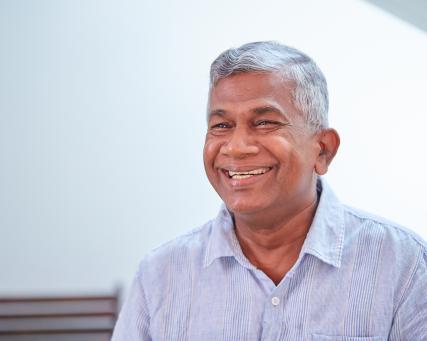
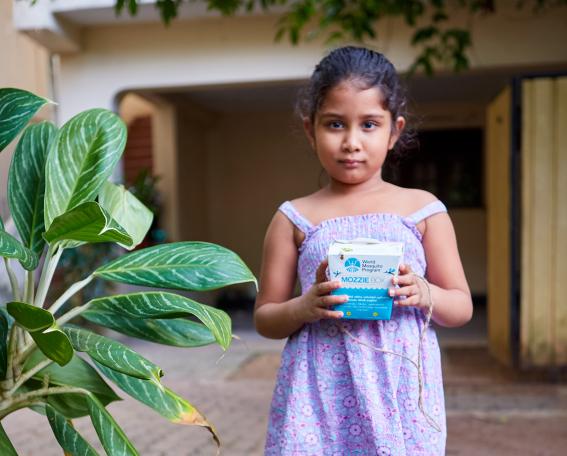
In July 2017, the World Mosquito Program established a research partnership with the Sri Lankan Ministry of Health and Indigenous Medical Services through the National Dengue Control Unit to examine new, more effective ways to protect communities from mosquito-borne diseases.
Supported by the Australian Government, the primary goal of this project was to pilot the implementation of our Wolbachia method in Sri Lanka.
After a mass communications campaign to raise public awareness and support for the release, a community survey showed that 98% of respondents in the release areas accepted Wolbachia mosquito releases in their communities.
Factsheet


